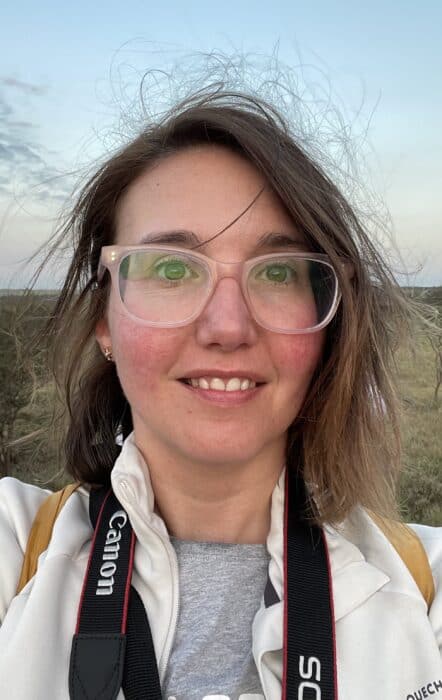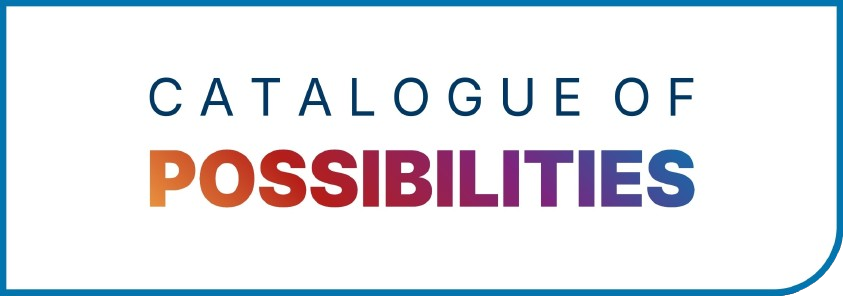Dr Laia Vila-Nadal she/her

Lecturer Molecular Metal Oxide Chemistry
Strategic Research Areas
DiveIn projects
While my foundation is in computational chemistry, I am increasingly drawn to integrating experimental validation into my work. Theory alone, though powerful, can feel abstract and disconnected, and I find it creatively limiting without the tactile feedback of the lab. I believe that merging simulation with synthesis or device testing is not only scientifically richer but also more inspiring, and impactful. Through the CDT platform, I hope to evolve my research into a more integrated approach where computation and experiment inform and challenge each other, especially in the context of molecular function, catalysis, and emergent materials.
I am a computational chemist with a passion for designing complex molecular architectures. My expertise lies within metal-oxide clusters, which bridge fundamental discovery and technological application. My research focuses on understanding and predicting the self-assembly of polyoxometalates and related nanoscale systems, with relevance to catalysis, energy storage, and molecular electronics. At heart, I’m a biochemist, and I am eager to use the CDT platform to reconnect with molecular function from a biochemical perspective, for instance, exploring catalysis, N2-fixation, electron transfer, and information flow in molecular systems.
My group sits at the intersection of theoretical chemistry, materials design, and automation. We use quantum chemistry, simulations, and data-guided approaches to explore how structure leads to function, from the atomic to the device level. We are deeply interdisciplinary, and I am always looking to collaborate with experimentalists, synthetic chemists, and those working in AI, robotics, or molecular engineering.
As a supervisor, I am clear about the environment I want to build, because I’ve experienced what supervision should never be. During my PhD in Spain, I endured a hostile, physically abusive environment where my supervisor repeatedly tried to undermine my career. That experience made me determined to become the opposite: a genuinely supportive, respectful, and empowering mentor. My students know I care about their work and their well-being. I started as a PI in 2019 and have since supervised two PhD students to completion, as well as three MSc and three BSc final-year research projects. Many of these students have gone on to pursue careers in academia, industry, and science communication. In terms of CDT projects, I am excited by themes that cross disciplinary borders — linking computation and experiment, theory and automation, molecules and materials. I welcome co-supervision and look forward to creating ambitious, inclusive projects with shared ownership and strong training components.
Equity, diversity, and inclusion are not peripheral to my work, nor are they buzzwords for visibility. They are central to how I build teams, lead projects, and teach. I’ve championed EDI through outreach, hiring practices, and long-term mentoring, and I strive to create an environment where everyone feels safe, respected, and able to thrive.
Outside of work, I find joy in music, art, long train journeys, and exploring unfamiliar cultures. I believe kindness, curiosity, and a good sense of humour are vital ingredients in any thriving research group.

